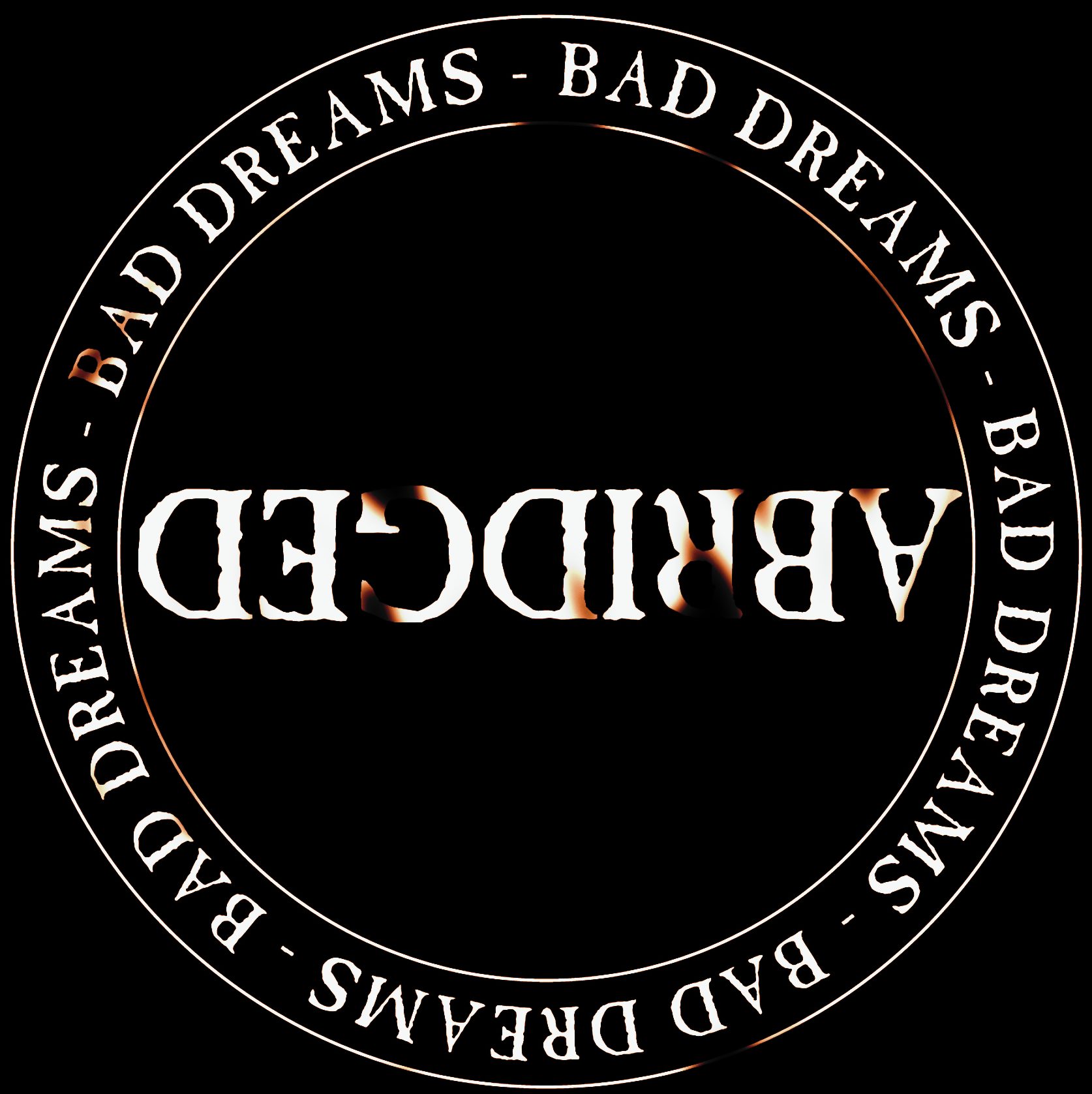Filmed and performed: 11.00am – 13.00pm, 7th September 2021
Location: Derry City Walls, Northern Ireland.
Video running time: 11:47
Filming: Zara Lyness
Editing: Sinéad O’Donnell
Curation: Gregory McCartney of Abridged.
Copyright: Sinéad O’Donnell
You don’t need to be loved.’ We assume that things always move forward – that there is a path forward for the individual and for society/humanity as a whole. We assume that things will get better through some vague faith in human evolution. We see this despite all evidence to the contrary. Of course, we’ve moved forward technologically. We can communicate with each other instantly and can now torture complete strangers 24 hours a day if we wish. The online environment has driven the popularity of populist and repressive regimes who’ve created warped versions of reality and fed on the anger of the old and the dispossessed. It seemed to me that the physical act of walking, and walking backwards at that creates a new interpretation of familiar eco-systems, it reminds us that the familiar can be dangerous when our certainties are interrupted or taken from us. Walking backwards I also consider an act of defiance, a critique of ‘common-sense’ and tradition, that deconstructs the well-worn, well-known and easy societal routes. It reminds us that we don’t have to follow, that we don’t have to be loved.
Sinéad O’Donnell is one of Northern Ireland’s foremost performance artists, with an international profile developed through numerous residencies and performances, both nationally and internationally. Her work explores identity, borders and barriers, through encounters with territory and the territorial. She sets up actions or situations that demonstrate complexities, contradictions, or commonality between medium and discipline, timing and spontaneity, intuition and methodology, artist and audience. She uses photography and video and to record her performances. She often uses her body to investigate both her own and cultural boundaries, particularly in relation to the restrictions placed on women. Despite deliberately avoiding the sensationalisation of the body, her works often promote strong reactions and emotions.
This performance is site-specific: a durational piece, where I walk backwards slowly throughout the Derry city walls. This work challenges the barriers that we face as disabled people navigating society and the built environment. Inspired by my own experiences of having a hidden disability, this performance is about slowing down time, to shift my own perspective and that of others: to take things in; to look; to watch; to trust; to feel balance coming.
This piece has been developed over the years and this is the first time it has been performed in Northern Ireland. Using film as a format to extend the reach to audiences during the Covid-19 restrictions is a new addition. In the past, this work was developed over time in Co. Cavan, Ireland, Odzaci & Novi Sad, Serbia, Jerusalem, Israel, Tainan, Tawain, Buenos Aires, Argentina.
In Serbia, I was arrested for possibly inciting another war and being a mad women. In Taiwan, I was followed by large groups of students, eventually stopping because I couldn’t move because two female students stood in front of me and behind me. In Co. Cavan the work addressed that at that time there were no abortion rights for women. In Derry, I enjoyed the incidental audience warmth and acceptance of my adaption into the space – with a supportive curatorial approach.
Over time the social and political upheavals and injustices against women have been breathed into the meaning of the work influenced by what place I am in and what the freedoms are for women and how they differ from culture to culture. The performance staying the same to slowly move backward with a material. In Derry I worked with white paper bags to create a slow emerging living sculpture moving throughout the walls.
Special Thanks to:
Abridged: Curatorial support.
Zara Lyness: Filming
Hugh O’Donnell: Sound
James King: BBDB, Derry local artistic support from the ground.
This project was supported by Derry City & Strabane District Council, Northern Ireland and DDASF 1 (Deaf & Disabled Artist Support Fund 1) managed by University of Atypical, Northern Ireland.

